About this guide

A member of staff or a carer can support you to read this guide. They will be able to answer any questions that you have.
About this guide
- This guide is for people who might have post traumatic stress.
- It will tell you what post traumatic stress is.
- It will tell you where you can go to get help.
What is post traumatic stress?
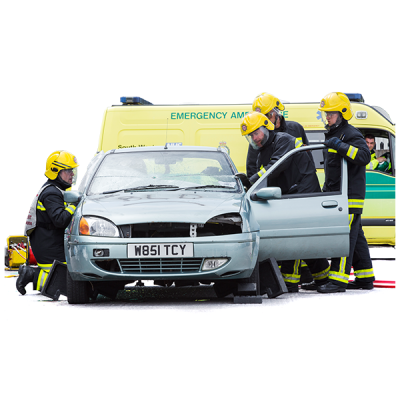
Post traumatic stress can happen when something has happened that was very upsetting or unexpected. This might be a friend or family member dying, having an accident or seeing someone get hurt.
This is sometimes called a trauma.

Post traumatic stress can make you very upset, sad or angry. It can be hard to get on with your life.
How might I feel?

Post traumatic stress can affect how you feel and how you behave. It’s different for everyone.
You might feel
- Worried, nervous or frightened
- On edge or tense
- Angry
- Depressed

Your body might feel different
- Your heart might beat fast
- Your muscles might feel tight and achy
- You might feel tired

You might behave differently
- You might think a lot about what happened
- You might have problems getting to sleep
- You might drink or smoke more than you would usually
- You might find it hard to go to some places
It is normal to feel these things after a trauma, but with time these feelings should pass.
What can I do to feel better?
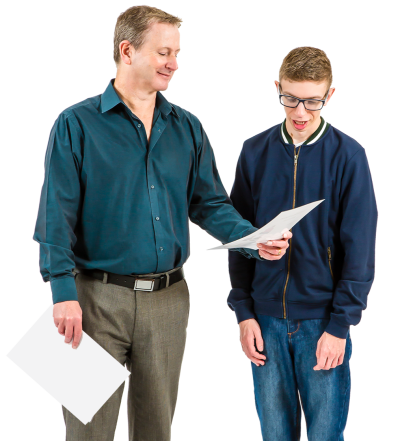
There are lots of things you can do to help you get over what has happened.
Get some help. There is a list of places you can go for help in this leaflet.

Talk to someone. Going over what happened with your support worker or your family doctor may help.

Find out as much as you can about what happened. Sometimes understanding what happened to you can help you feel better.

Thinking calmly about what happened can help. Spend a little bit of time each day to think about what happened to you in a calm way. This can help you to be in control of the thoughts and memories.
It’s normal to feel upset after trauma. But remember you got through it!

Relaxing can help. It is important to try and relax when you start to feel angry or irritable. Some people use music, do some exercise or watch TV to help them relax. You can get help to learn how to relax if you find it hard to do.
Things to try if you feel down

Think about what you would say to a friend if they were feeling down - how would you try to make them feel better?
Try to think about good things that have happened.

Keep a diary or a photo album about the good things which happen to you.
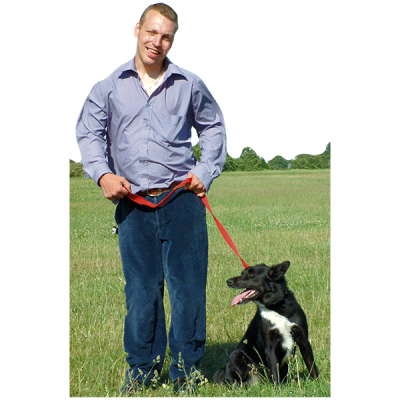
Do some exercise. Try walking, skipping or running or whatever you would like to do. Try to work up to 15 minutes of exercise each day. This can help you feel better and less tired.

Find a hobby or something to do that interests you.

Try not to drink or smoke or take drugs. These things can make you feel worse.
Where to get more help
If you would like to get more help or information, you can get in touch with these people:
Assist
Help and support for people with post traumatic stress.
Telephone: 01788 551 919
www.

Mind Infoline
Help, information and support.
Telephone: 0300 123 3393
Email: info
www.
Victim Support
Help and advice for people who have had a trauma.
Telephone: 08 08 16 89 111
Text Relay: 18001 08 08 16 89 111
www.
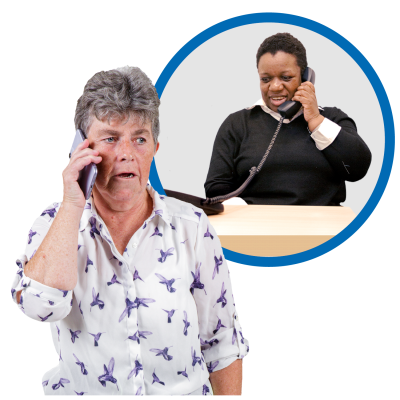
Cruse Bereavement Support
Help and support for people affected by someone dying.
Telephone: 0808 808 1677
www.cruse.org.uk
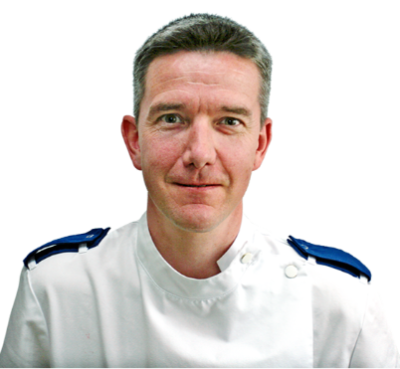
You can also get help and information from your doctor or nurse.
Acknowledgement

Easy Read version developed by:
- Skills for People, Telephone: 0191 281 8737
Skills for People is a registered charity no. 1069993 - Many thanks to service users and healthcare staff who have contributed to the development of this guide
Adapted from Post Traumatic Stress - A Self Help Guide written by Dr Lesley Maunder and Lorna Cameron www.
Published by the Patient Information Centre
2025 Copyright, Cumbria, Northumberland, Tyne and Wear NHS Foundation Trust
Ref, PIC/636/0525 May 2025 V4
Review date 2028
 Print or download as a PDF
Print or download as a PDF